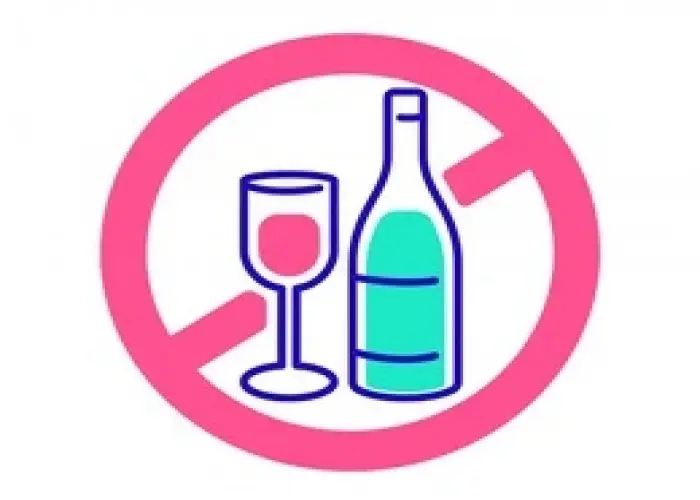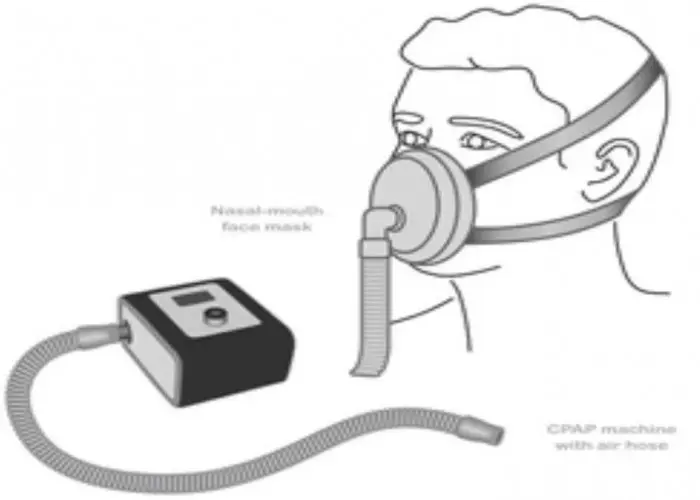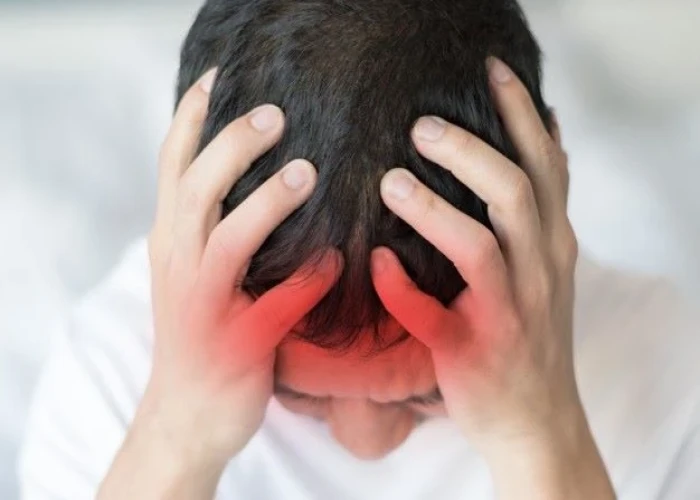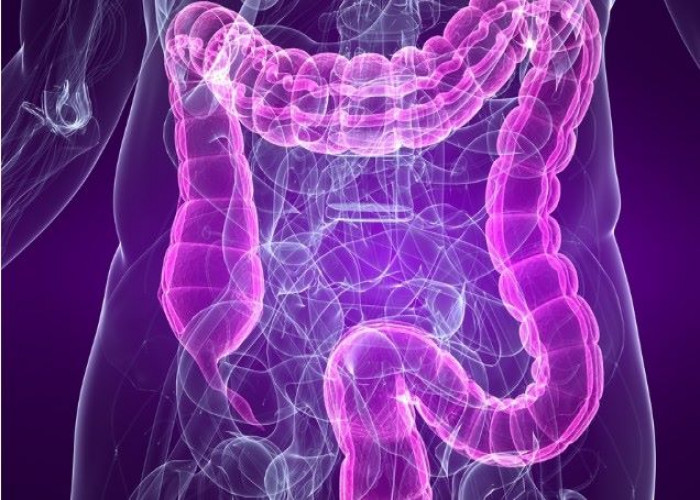 Welcome
Welcome
“May all be happy, may all be healed, may all be at peace and may no one ever suffer."
Irritable bowel syndrome

Irritable bowel syndrome (IBS) is a common digestive disorder characterized by a group of symptoms that can vary in intensity and duration. It can cause discomfort and disruption in daily life, but it does not cause any structural damage to the bowel or increase the risk of developing other bowel-related diseases.
The exact cause of IBS is not well understood, but it is believed to be related to a combination of factors, including abnormal muscle contractions in the intestine, increased sensitivity to certain foods or stress, and changes in the gut microbiome.
The most common symptoms of IBS include abdominal pain or discomfort, bloating, gas, and changes in bowel habits, such as diarrhea or constipation, or alternating between the two. Symptoms may be triggered or worsened by certain foods, stress, or hormonal changes.
There is no single test to diagnose IBS, and diagnosis is typically based on the presence of characteristic symptoms and the exclusion of other conditions that may cause similar symptoms. Treatment for IBS is focused on managing symptoms and may include dietary changes, stress management techniques, medication to relieve specific symptoms, or a combination of these approaches.
Dietary changes may involve identifying and avoiding trigger foods, such as high-fat or spicy foods, and increasing the intake of fiber-rich foods, such as fruits, vegetables, and whole grains. Stress management techniques may include exercise, relaxation techniques, and cognitive-behavioral therapy.
Medications that may be used to treat IBS symptoms include laxatives, antidiarrheals, antispasmodics, and antidepressants. In some cases, a healthcare provider may recommend probiotics or antibiotics to address changes in the gut microbiome.
Overall, IBS can be a chronic condition, and management may require ongoing attention to dietary and lifestyle factors. With appropriate management, however, most people with IBS can manage their symptoms effectively and maintain a good quality of life.
Research Papers
Disease Signs and Symptoms
- Abdomen pain
- Changes in the appearance of bowel movement
- Difficulty swallowing (dysphagia)
- Nausea or vomiting
- Iron deficiency (Anemia)
- Increased diarrhea at night
- Weight loss
- Frequent bowel movements
- Abdomen cramps
- Pain, tenderness or cramping in your belly, which can occur suddenly or gradually
Disease Causes
Irritable bowel syndrome
The precise cause of IBS isn't known. Factors that appear to play a role include:
- Muscle contractions in the intestine. The walls of the intestines are lined with layers of muscle that contract as they move food through your digestive tract. Contractions that are stronger and last longer than normal can cause gas, bloating and diarrhea. Weak intestinal contractions can slow food passage and lead to hard, dry stools.
- Nervous system. Abnormalities in the nerves in your digestive system may cause you to experience greater than normal discomfort when your abdomen stretches from gas or stool. Poorly coordinated signals between the brain and the intestines can cause your body to overreact to changes that normally occur in the digestive process, resulting in pain, diarrhea or constipation.
- Severe infection. IBS can develop after a severe bout of diarrhea (gastroenteritis) caused by bacteria or a virus. IBS might also be associated with a surplus of bacteria in the intestines (bacterial overgrowth).
- Early life stress. People exposed to stressful events, especially in childhood, tend to have more symptoms of IBS.
- Changes in gut microbes. Examples include changes in bacteria, fungi and viruses, which normally reside in the intestines and play a key role in health. Research indicates that the microbes in people with IBS might differ from those in healthy people.
Triggers
Symptoms of IBS can be triggered by:
- Food. The role of food allergy or intolerance in IBS isn't fully understood. A true food allergy rarely causes IBS. But many people have worse IBS symptoms when they eat or drink certain foods or beverages, including wheat, dairy products, citrus fruits, beans, cabbage, milk and carbonated drinks.
- Stress. Most people with IBS experience worse or more-frequent signs and symptoms during periods of increased stress. But while stress may aggravate symptoms, it doesn't cause them.
Disease Prevents
Disease Treatments
Treatment of IBS focuses on relieving symptoms so that you can live as normally as possible.
Mild signs and symptoms can often be controlled by managing stress and by making changes in your diet and lifestyle. Try to:
- Avoid foods that trigger your symptoms
- Eat high-fiber foods
- Drink plenty of fluids
- Exercise regularly
- Get enough sleep
Your doctor might suggest that you eliminate from your diet:
- High-gas foods. If you experience bloating or gas, you might avoid items such as carbonated and alcoholic beverages and certain foods that may lead to increased gas.
- Gluten. Research shows that some people with IBS report improvement in diarrhea symptoms if they stop eating gluten (wheat, barley and rye) even if they don't have celiac disease.
- FODMAPs. Some people are sensitive to certain carbohydrates such as fructose, fructans, lactose and others, known as FODMAPs — fermentable oligosaccharides, disaccharides, monosaccharides and polyols. FODMAPs are found in certain grains, vegetables, fruits and dairy products.
A dietitian can help you with these diet changes.
If your problems are moderate or severe, your doctor might suggest counseling — especially if you have depression or if stress tends to worsen your symptoms.
In addition, based on your symptoms your doctor might suggest medications such as:
- Fiber supplements. Taking a supplement such as psyllium (Metamucil) with fluids may help control constipation.
- Laxatives. If fiber doesn't help constipation, your doctor may recommend over-the-counter laxatives, such as magnesium hydroxide oral (Phillips' Milk of Magnesia) or polyethylene glycol (Miralax).
- Anti-diarrheal medications. Over-the-counter medications, such as loperamide (Imodium A-D), can help control diarrhea. Your doctor might also prescribe a bile acid binder, such as cholestyramine (Prevalite), colestipol (Colestid) or colesevelam (Welchol). Bile acid binders can cause bloating.
- Anticholinergic medications. Medications such as dicyclomine (Bentyl) can help relieve painful bowel spasms. They are sometimes prescribed for people who have bouts of diarrhea. These medications are generally safe but can cause constipation, dry mouth and blurred vision.
- Tricyclic antidepressants. This type of medication can help relieve depression as well as inhibit the activity of neurons that control the intestines to help reduce pain. If you have diarrhea and abdominal pain without depression, your doctor may suggest a lower than normal dose of imipramine (Tofranil), desipramine (Norpramin) or nortriptyline (Pamelor). Side effects — which might be reduced if you take the medication at bedtime — can include drowsiness, blurred vision, dizziness and dry mouth.
- SSRI antidepressants. Selective serotonin reuptake inhibitor (SSRI) antidepressants, such as fluoxetine (Prozac, Sarafem) or paroxetine (Paxil), may help if you are depressed and have pain and constipation.
- Pain medications. Pregabalin (Lyrica) or gabapentin (Neurontin) might ease severe pain or bloating.
Medications specifically for IBS
Medications approved for certain people with IBS include:
- Alosetron (Lotronex). Alosetron is designed to relax the colon and slow the movement of waste through the lower bowel. Alosetron can be prescribed only by doctors enrolled in a special program, is intended for severe cases of diarrhea-predominant IBS in women who haven't responded to other treatments, and isn't approved for use by men. It has been linked to rare but important side effects, so it should only be considered when other treatments aren't successful.
- Eluxadoline (Viberzi). Eluxadoline can ease diarrhea by reducing muscle contractions and fluid secretion in the intestine, and increasing muscle tone in the rectum. Side effects can include nausea, abdominal pain and mild constipation. Eluxadoline has also been associated with pancreatitis, which can be serious and more common in certain individuals.
- Rifaximin (Xifaxan). This antibiotic can decrease bacterial overgrowth and diarrhea.
- Lubiprostone (Amitiza). Lubiprostone can increase fluid secretion in your small intestine to help with the passage of stool. It's approved for women who have IBS with constipation, and is generally prescribed only for women with severe symptoms that haven't responded to other treatments.
- Linaclotide (Linzess). Linaclotide also can increase fluid secretion in your small intestine to help you pass stool. Linaclotide can cause diarrhea, but taking the medication 30 to 60 minutes before eating might help.
Potential future treatments
Researchers are investigating new treatments for IBS, such as fecal microbiota transplantation (FMT). Considered investigational at this time, FMT restores healthy intestinal bacteria by placing another person's processed stool into the colon of a person affected by IBS. Clinical trials to study fecal transplants are currently underway.
Disease Diagnoses
Disease Allopathic Generics
-
Mebeverine Hydrochloride
Medicines containing Maverine Hydrochloride for Irritable Bowel Syndrome or Chronic Irritable Colon or Mucous Colitis. There are no worms in the stomach or any stomach ailment but if there is restlessness to the stomach or stools, nausea or little dysentery.
1/2, 1 pill 3 times a day (3/4 months)
-
Magnesium Hydroxide
Liquid paraffin 1 spoon 3 times a day.
Consume 3/4 teaspoon of the medicine with warm water every night before going to bed.
-
Sennosides
Take one pill at night before going to bed.
-
Bisacodyl
Take one pill at night before going to bed.
-
Drotaverine
1/2 pill 3 times a day.
-
Hyoscine Butylbromide
1/2 pill 3 times a day.
-
Diazepam
1 pill 2/3 times a day or as needed.
-
Trifluoperazine
Only 1 time at night or 1+0+1
-
Clobazam
1 pill at night only.
-
Lorazepam
1 pill every night or 1+0+1
-
Fluoxetine Hydrochloride
1 serving every morning after food for 3/4 months.
-
Amitriptyline Hydrochloride
1 pill daily at night or 1 pill in the morning and 1 pill at night.
-
Fluphenazine + Nortriptyline
1+0+1 or 0+0+1
Disease Ayurvedic Generics
Disease Homeopathic Generics
Disease yoga
Irritable bowel syndrome and Learn More about Diseases

Desmoplastic small round cell tumors

Alcohol intolerance

Patent ductus arteriosus (PDA)

Central sleep apnea

Umbilical hernia

Moyamoya disease

Glucoma

Body lice
irritable bowel syndrome, ibs, বিরক্তিকর পেটের সমস্যা, আইবিএস
To be happy, beautiful, healthy, wealthy, hale and long-lived stay with DM3S.
